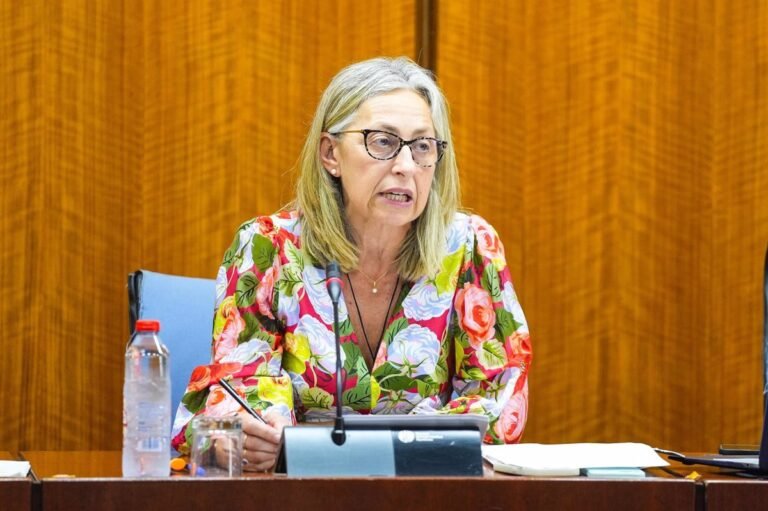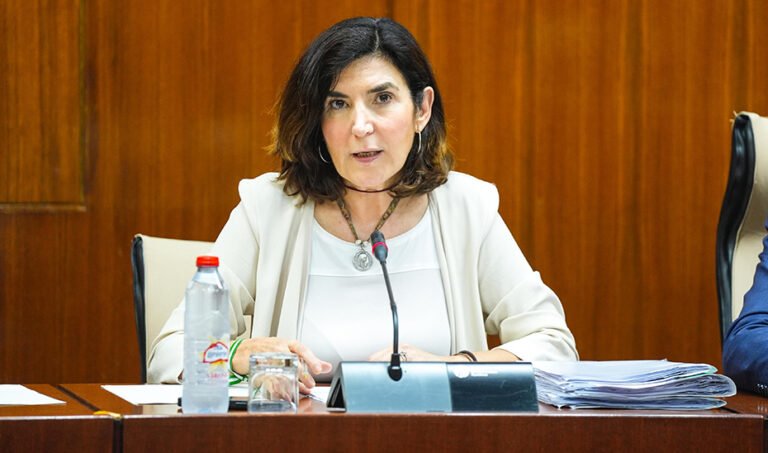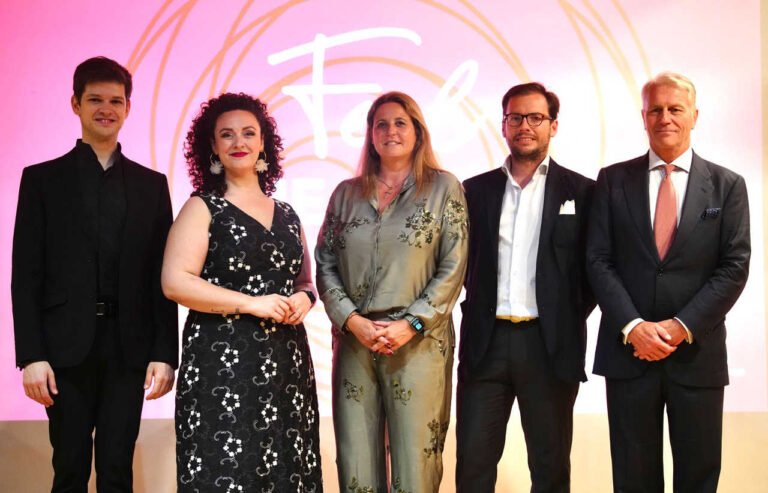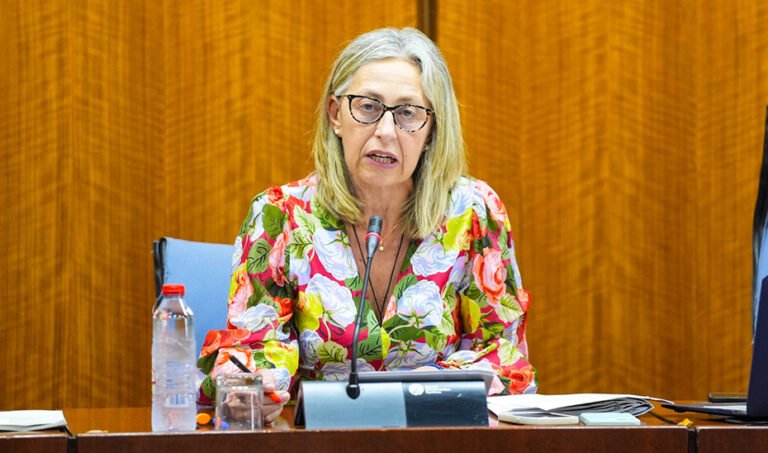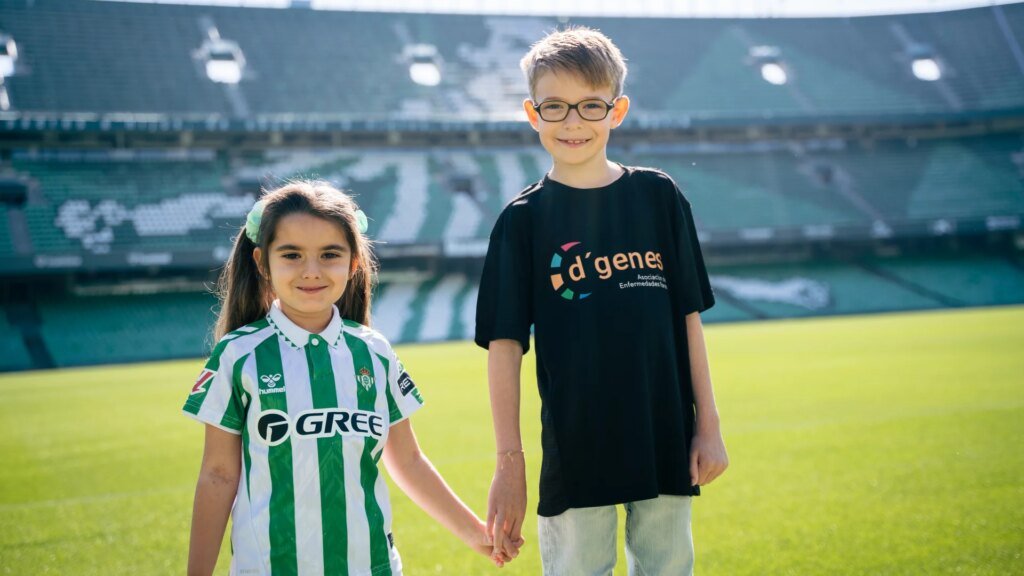
Iker Rueda, a seven-year-old boy from Malaga, suffers from one of the rare diseases. His family fights every day to conduct research and obtain a definitive diagnosis.
Despite living in Malaga, Iker has felt a connection to Betis since he was a child, and stepping on the grass of the Benito Villamarin has been a dream come true for him, evident in his constant smile.
Paola, a star signing of this season for the Real Betis Foundation, has been the guide for Iker on this visit. They bonded from the first moment and did not let go of each other’s hands for a single instant.
This day has been a significant help for Iker’s parents, who emphasize that cases like his should not be overlooked; «we are the forgotten ones.»
Iker was born on September 29, 2017, after a complicated delivery. Doctors were hesitant to perform a cesarean section on Ana Rosa, his mother, and opted for oxytocin. They realized that this medication could affect the fetus, as its heart rate decreased significantly, leading to an emergency cesarean section for Iker.
After several days in the hospital, Iker and his family were able to return home. Everything seemed normal until the age of one, when his parents noticed that he was struggling to sit up.
They sought help from a pediatric physiotherapist, who diagnosed Iker with a six-month delay.
From that moment on, his family contacted early intervention services and neurologists and began private therapies. The diagnosis revealed that Iker had hypotonia, a condition characterized by decreased muscle tone.
Today, it is known that Iker also suffers from ADHD, ASD, and a disorder affecting the motor area of the brain.
Ana Rosa Macías, Iker’s mother, describes him as a very nervous child with minimal muscle strength and irregular coordination. This prevents him from playing his beloved sport, soccer, and causes him to experience more falls than usual.
Currently in second grade, Iker faces challenges with writing in his daily life due to lack of finger and upper limb strength.
Iker continues with occupational therapy, psychological therapy, and equine therapy, which have led to gradual improvements. His parents’ biggest fear is what the future holds for their son.
«We look forward to the day when we have a specific diagnosis for Iker’s condition, which prevents him from living a normal life like other children his age,» his mother shares.




